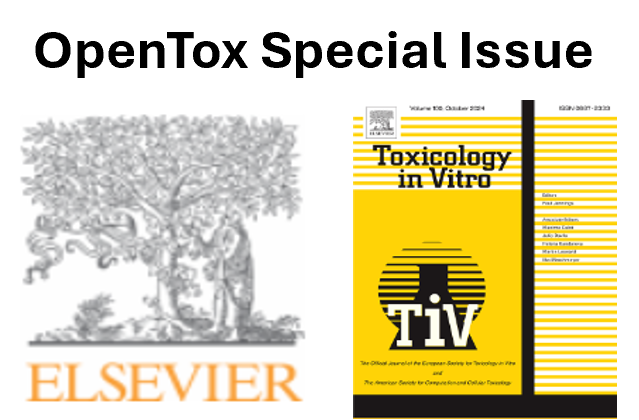ToxAIcology – AI will only replace toxicologist, who do not use it!
The exponential growth in artificial intelligence capabilities represents one of the most significant technological advances in human history. Since the term "AI" was first coined in 1956, we have witnessed an unprecedented billion-fold increase in AI power. This extraordinary technological acceleration has resulted in AI systems that now outperform 90% of humans across a broad spectrum of cognitive and analytical tasks. In the field of toxicology, this technological revolution presents transformative opportunities across the entire research and assessment pipeline. AI's impact manifests in multiple critical areas: sophisticated data retrieval systems that can process and synthesize vast libraries of toxicological data and literature; advanced evidence integration platforms that automate and enhance systematic reviews and risk assessments; powerful predictive toxicology models capable of evaluating previously untested compounds with unprecedented accuracy; automated digital pathology systems that can analyze tissue samples with superhuman precision; and intelligent reporting systems that streamline documentation and ensure regulatory compliance.
The potential implications for animal testing alternatives are particularly significant. AI-driven approaches offer the promise of superior predictive accuracy for human toxicological responses, while simultaneously addressing ethical concerns and delivering substantial cost savings. These methods can process complex biological interactions and chemical structures at scales impossible for traditional testing approaches, potentially revolutionizing safety assessment paradigms. The integration of machine learning with existing biological knowledge enables the development of sophisticated in silico models that can predict toxicological endpoints with increasing reliability.
Moreover, AI technologies are enabling paradigm shifts in assessment speed and complexity. Real-me monitoring systems can now track and analyze toxicological data as it is generated, while automated data analysis platforms can process complex, multi-parameter studies in minutes rather than months. User-friendly prediction tools, powered by sophisticated algorithms but accessible through intuitive interfaces, are democratizing access to advanced toxicological assessments. This democratization extends beyond tools to encompass the entire scientific process, promoting the development and utilization of open-access databases, transparent algorithms, and freely available scientific publications.
As AI evolves into a sophisticated "copilot" for toxicology, it empowers diverse stakeholders across the field. Researchers can accelerate discovery and innovation through automated hypothesis generation and testing. Regulators benefit from more efficient and comprehensive safety assessments. Consumers gain access to better information about chemical safety and environmental impacts. Industry stakeholders can streamline development processes and reduce costs while maintaining or improving safety standards. This unprecedented democratization of toxicological knowledge and tools has the potential to accelerate scientific progress while ensuring broader participation and transparency in safety assessment processes. Most recently, we also suggested how AI can optimize the validation process. These advancements are pioneering a new era in toxicology where artificial intelligence serves not merely as a tool, but as an integral partner in advancing human health and environmental protection through more efficient, accurate, and accessible scientific practices.

